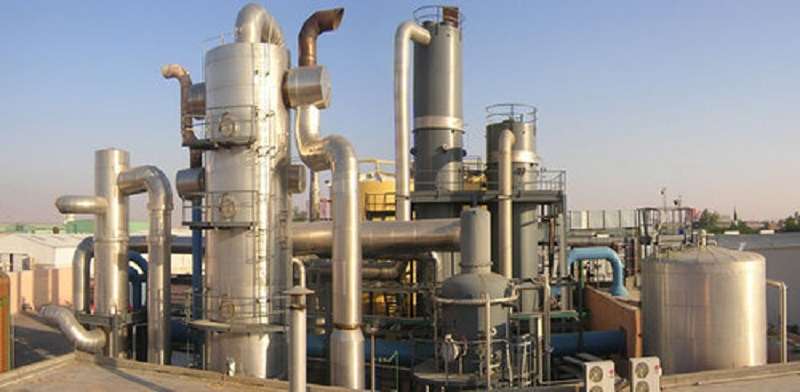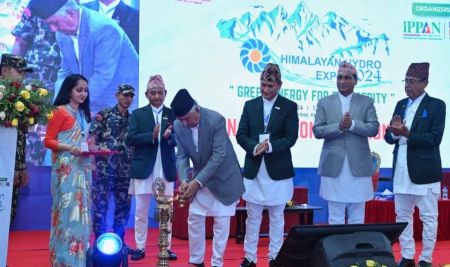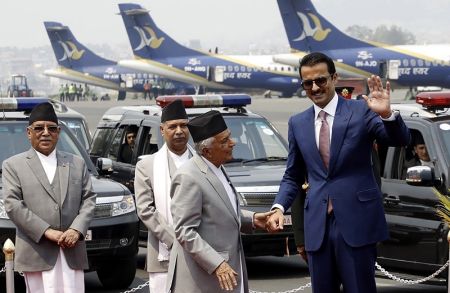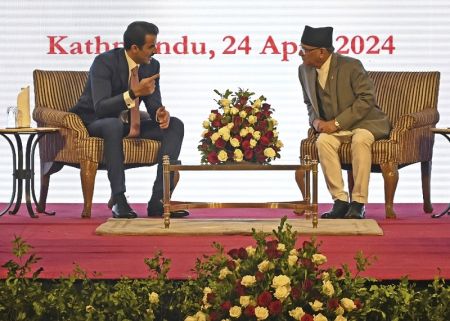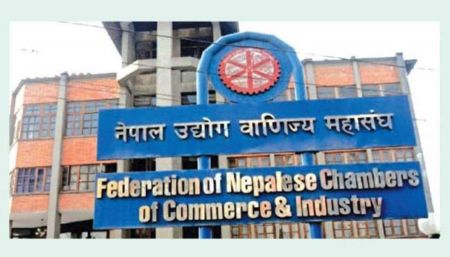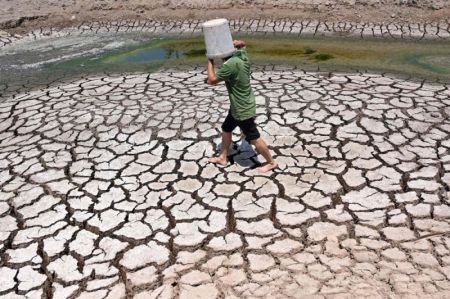March 11: A few days ago, the government signed an agreement with India to purchase 935,000 metric tons of chemical fertiliser for five years. With Nepal consuming 750,000 to 800,000 metric tons of fertiliser every year, it is said that the fertiliser coming from India will be insufficient.
The government has been importing fertiliser from different countries since many years. However, farmers are always suffering due to the scarcity of the fertiliser. Although it is necessary to establish a chemical fertiliser factory in the country, no work has been done in this regard.
The government has plans to set up a factory in the country. However, all the plans are limited to paper works. A study conducted by the Government of Nepal suggests that Rs 130 billion is required initially to set up the factory and an additional investment of Rs 22.13 billion is required for operation of the factory.
Chandrakanta Dallakoti, chairperson of Seed Entrepreneurs’ Association of Nepal (SEAN) said that once the factory is established, Nepal will require around Rs 100 billion budget to produce 840 metric tons of fertilisers on a daily basis. Nepal has not been able to manage natural gas, which is the most important requirement for the production of fertiliser. He is of the view that before establishing the factory, the government should plan for the regular supply of gas.
As per the study by the Investment Board Nepal, around 550 megawatts of electricity is required if electricity is used instead of gas.
Joint Secretary at the Ministry of Agriculture and Livestock Development Prakash Kumar Sanjel, says that the topic of establishing such factory is a complex issue at the moment as the regular supply of gas is required.
He estimates that it will take at least five years to open the factory as the government is conducting study at the moment. However, he said that establishing the factory is an excellent alternative to end the dependency of the country on neighboring countries for fertilizer.


